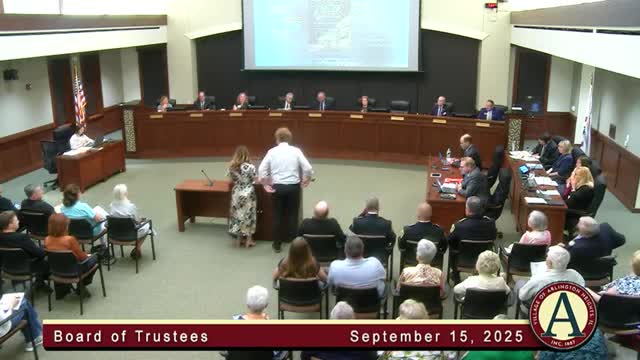Article not found
This article is no longer available. But don't worry—we've gathered other articles that discuss the same topic.
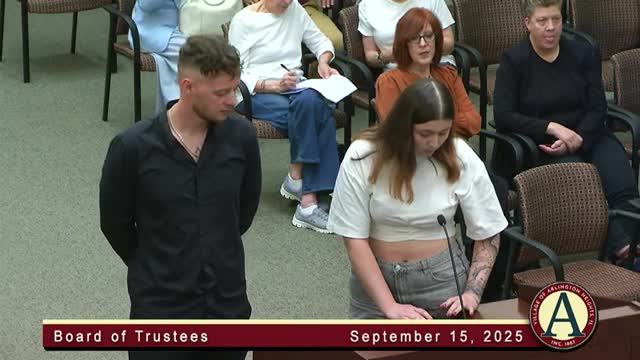
Tattoo parlor approved for new Palatine Road location after prior application drew objections
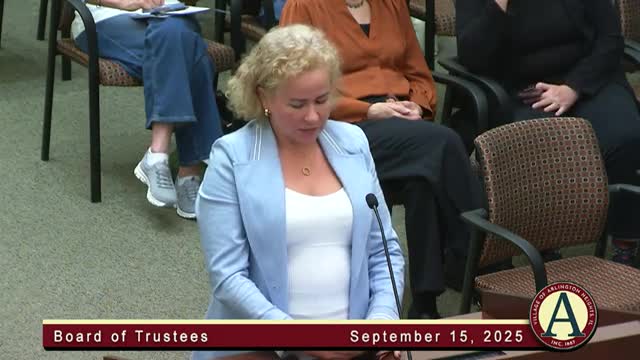
Village grants zoning relief for massage therapy business at Wilke Road office complex
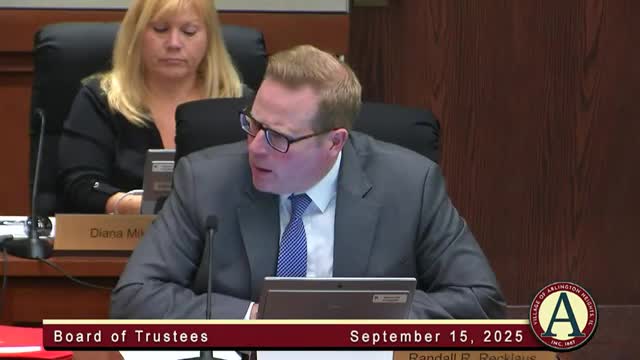
Board approves technical grocery‑tax ordinance language after resident request to remove item from consent agenda
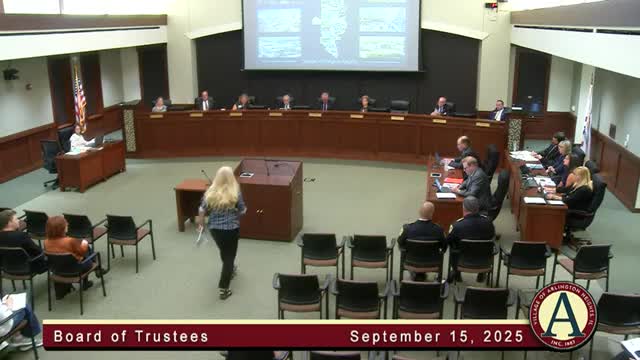
Resident raises short‑term rental nuisance concerns near Arlington Park redevelopment
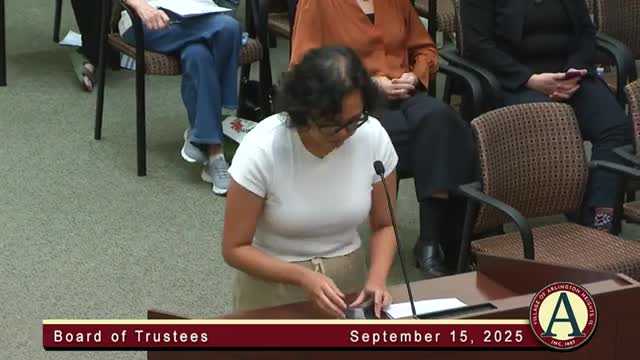
Arlington Heights resident urges village to display pride flag and expand LGBTQ+ support
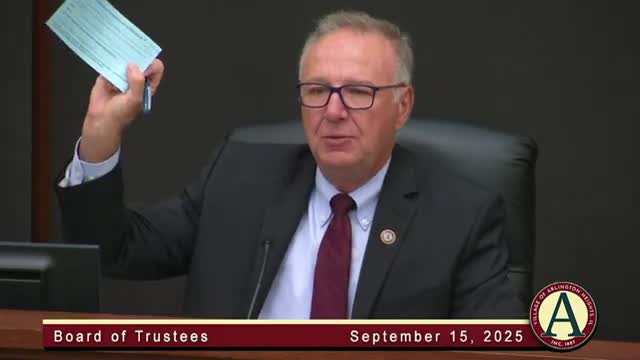
Windsor School parents urge immediate safety fixes at Kensington and Windsor after recent crash
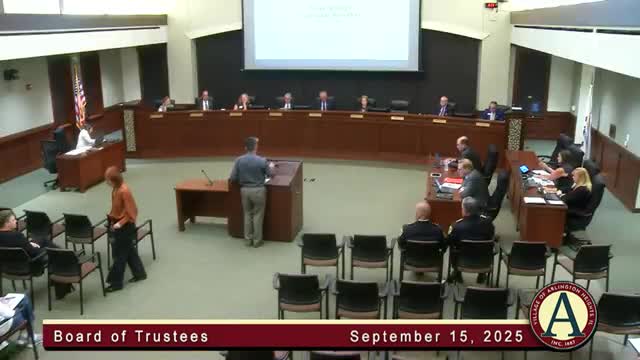
TastyBreads seeks manufacturing use, zoning relief for 600 W. University Drive; board grants approval to prepare final documents
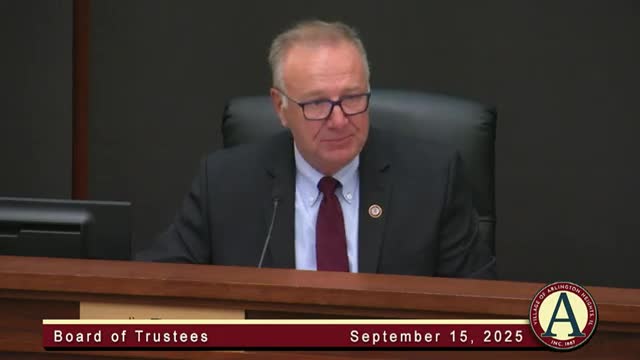
Arlington Heights adopts interim ordinance regulating high‑speed e‑bikes, reckless operation and liability for minors
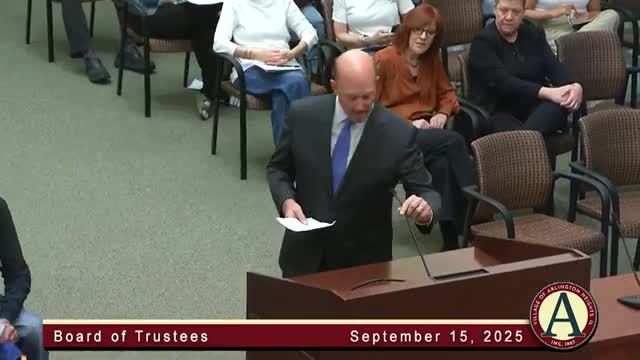
Arlington Heights Police Department wins Illinois Traffic Safety Challenge, honored for distracted driving and occupant protection programs
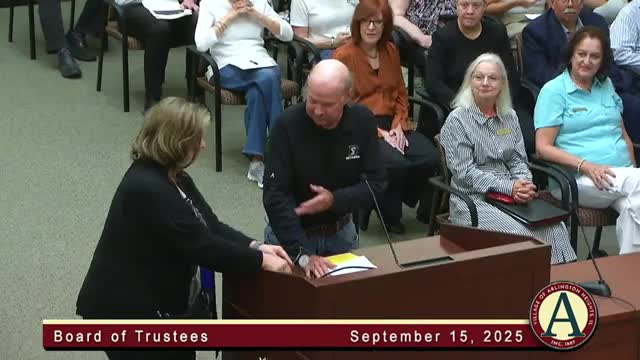
Al and Donna Koons honored for decades of lending‑closet volunteering at senior center
